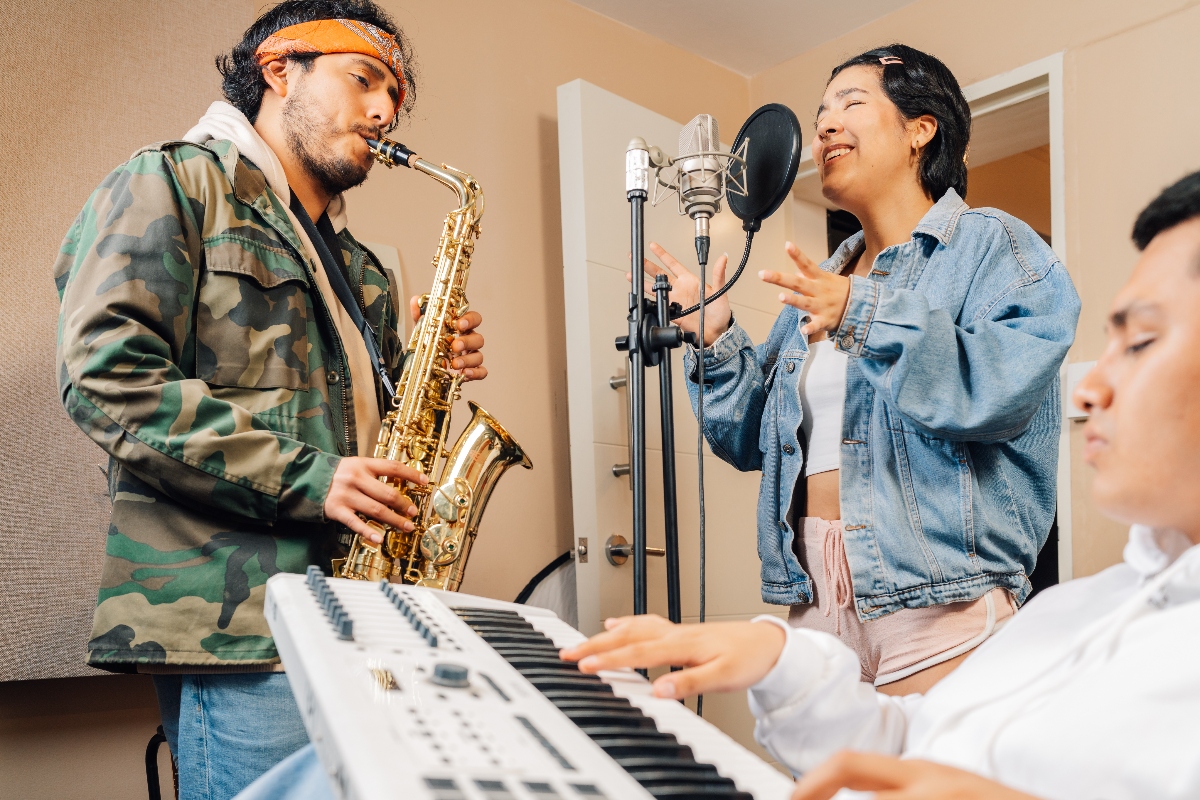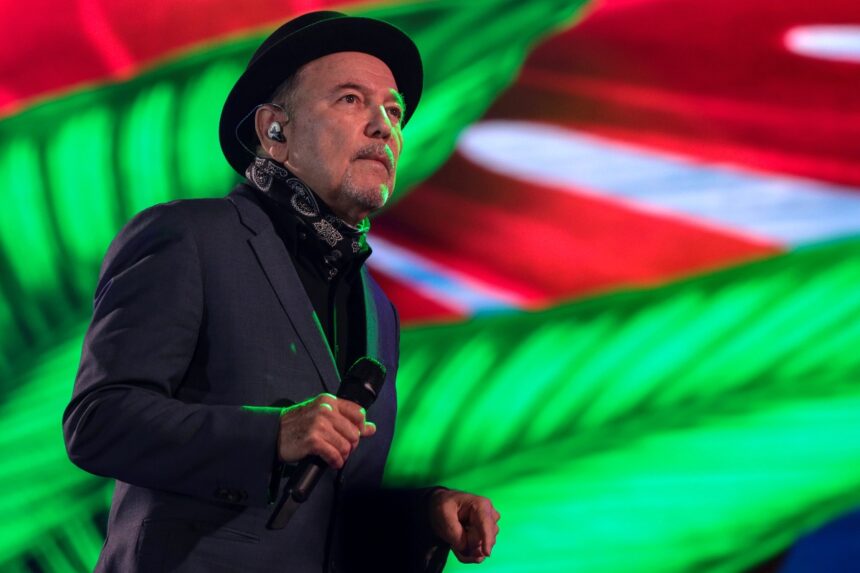The rhythm of tropical music not only makes people dance, it has also been the sound of resistance. From the streets of San Juan to the plazas of Caracas, genres such as salsa, merengue and cumbia have served as powerful tools of protest and social consciousness.
In a world where the struggle for justice continues to rage, tropical music has become a banner to amplify the voices of those seeking social change and impact.
Salsa and resistance

Since the 1970s, salsa has been a form of expression for the Latino community in the United States.
Artists such as Rubén Blades, with his iconic Plástico, have denounced social injustices through their lyrics.
Today, Blades’ legacy lives on in the new generation of salseros who use his music to address issues of migration, racism and inequality.
Cumbia and social conscience

Cumbia, with its African and indigenous roots, has been an anthem for the working class.
In countries such as Colombia and Mexico, artists have used cumbia to denounce corruption and violence.
Tropical music has become a standard
QueOnnda.com
Groups such as Bomba Estéreo have fused this rhythm with lyrics that criticize environmental and social problems, bringing the message to a global audience.
Merengue and protest

In the Dominican Republic, merengue has been a tool for political and social criticism.
Juan Luis Guerra, in the 1990s, elevated the genre with songs such as El costo de la vida, denouncing economic inequality.
Today, emerging artists continue to use merengue as a means of expression for social causes.
Impact in the United States

For the U.S. Hispanic community, tropical music is more than entertainment, it is identity, resilience and social impact.
Festivals and community events have embraced these genres as a way to bring people together and raise awareness about the challenges facing Latinos in the country.
Tropical music continues to prove that it is not only about rhythm, but also about message.
In times of crisis and change, music becomes a refuge and a loudspeaker for those seeking justice.
For more information, visit QueOnnda.com.














